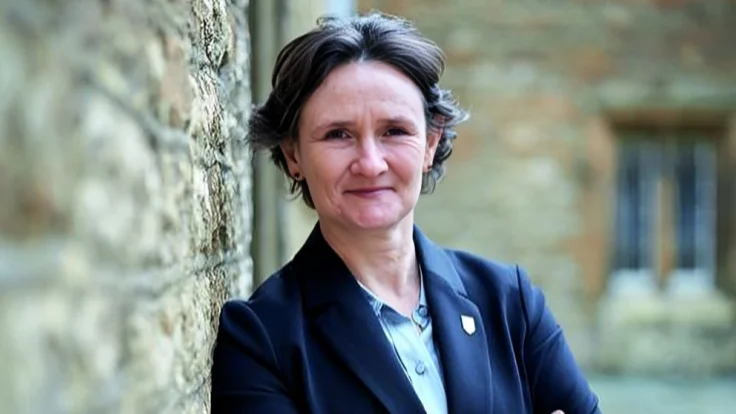Oxford University has announced its participation in a Franco-British partnership to enhance cooperation in artificial intelligence (AI) research, training, and innovation. The collaboration, known as the Entente CordIAle Paris-Saclay – Oxford-Cambridge AI Initiative, aims to promote the development of ethical and sovereign AI across Europe. This initiative was formalized on July 9 during French President Emmanuel Macron's State Visit to the United Kingdom with the signing of a Letter of Intent.
The University of Oxford is recognized for its extensive academic community specializing in AI expertise, covering areas such as machine learning, computer vision, robotics, mathematical foundations, and ethical development. The university hosts six Centres for Doctoral Training (CDTs) dedicated to nurturing the next generation of AI researchers.
This partnership continues the tradition of scientific collaboration between France and the United Kingdom. It reflects a shared commitment by the five institutions involved to advance trustworthy artificial intelligence supported by academic excellence.
The Entente CordIAle Paris-Saclay – Oxford-Cambridge AI Initiative focuses on five key areas: encouraging academic mobility among students and researchers; organizing joint scientific events addressing major scientific and ethical challenges; launching collaborative research projects; involving industry players to accelerate technology transfer; and strengthening bilateral cooperation in line with national and European priorities.
Professor Irene Tracey CBE, FRS, FMedSci, Vice-Chancellor of Oxford University commented on this development: "I warmly welcome this new partnership between the Saclay Cluster, Oxford and Cambridge. At Oxford, we believe that international collaboration is essential to advancing responsible and impactful AI." She highlighted Oxford's role as an ELLIS unit—part of the European Laboratory for Learning and Intelligent Systems—and emphasized their commitment alongside French and UK partners in shaping AI's future through rigorous science and ethical responsibility.

